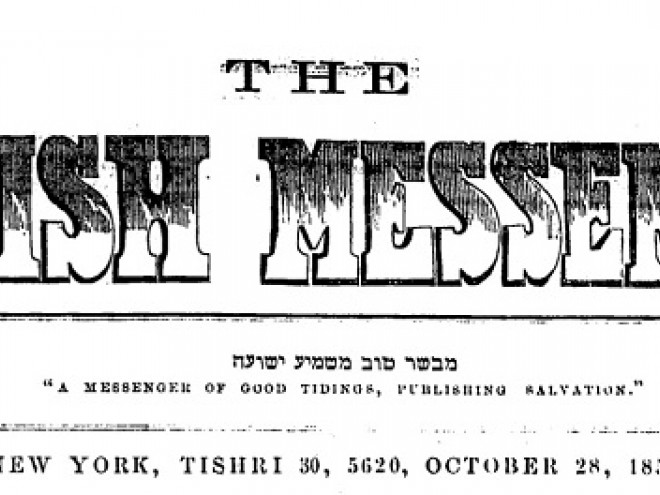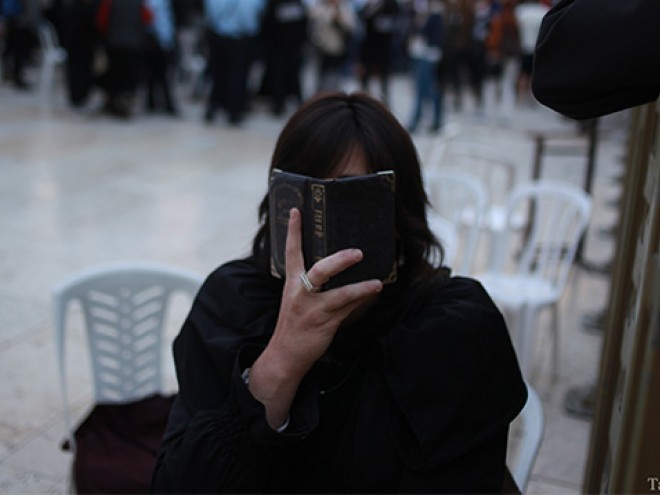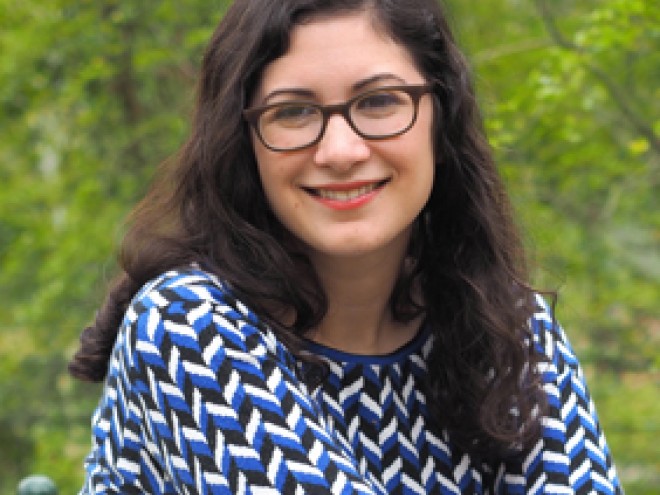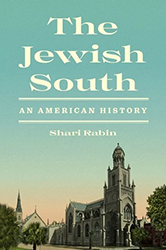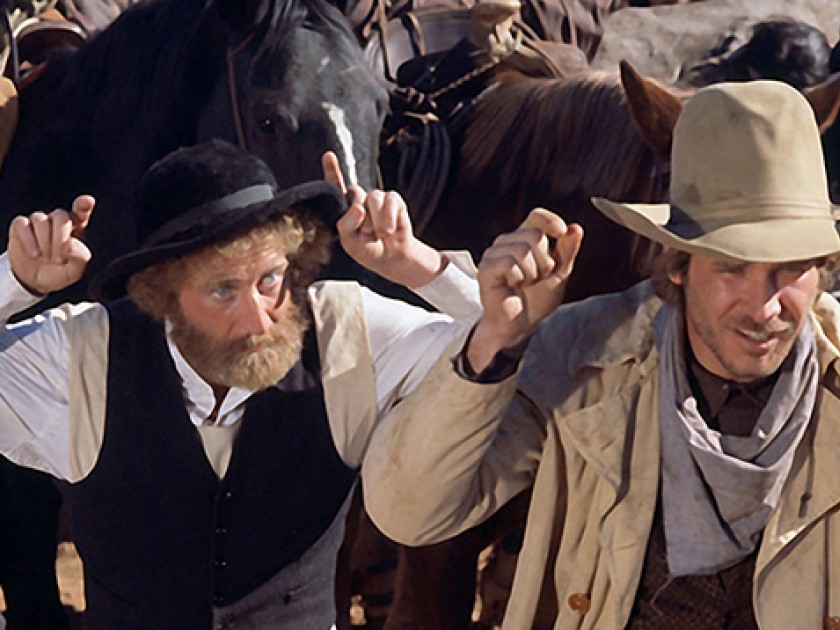
Shari Rabin is the author of Jews on the Frontier: Religion and Mobility in Nineteenth-Century America (NYU Press). She is blogging here this week as part of JBC’s Visiting Scribe series.
While writing my book about Jews in the era of westward expansion, I found myself getting asked (a lot) about the Gene Wilder comedic western The Frisco Kid. Although there are countless cinematic depictions — and historical accounts — of Jewish life on the Lower East Side, apparently the rest of the country has to resign itself to this 1979 box office flop, which tells the story of a Polish rabbi traveling westward to San Francisco in 1850. Recently, some twenty years after I last saw it, I sat down to confront my subject’s most famous treatment.
Let me begin by saying that I do not recommend watching The Frisco Kid if you’re looking for good entertainment. Best known as the Gene Wilder western that is not Mel Brooks’ Blazing Saddles, it boasts a Rotten Tomatoes score of 53% and a story that is light on plot development and heavy on gimmicky ethnic stereotypes. At one point Wilder’s migrant rabbi, Avram Belinsky, mistakes the Amish for fellow Jews (he addresses them in Yiddish), and at another he teaches a group of Native Americans the horah. I have found no documentary evidence of such occurrences, and, indeed, The Frisco Kid does not make for great history either, although it does touch on a number of important themes.
There was no congregation in San Francisco in 1850, although there had been Jewish worship organized in the city the year before. The majority of Jewish immigrants in this period were from German-speaking lands, but there was also a Polish, Yiddish-speaking contingent. The first two congregations in San Francisco were founded at the same time, in 1851, to accommodate both communities. Emanuel was the “German” synagogue and Sherith Israel the “Polish” — nowhere in the city, however, was there a Beis Yisroel, the name of Belinsky’s congregation in the movie.
It was, in fact, very challenging for frontier congregations to procure rabbis. The first rabbi didn’t come to America until 1840 and for much of the nineteenth century the vast majority of congregations were served by hazanim, non-rabbinic functionaries who could lead worship and provide other Jewish services. It was not unheard of for congregations to bring these men from Europe, as Belinsky is summoned from his yeshiva in the film, but more often they would advertise in the American Jewish press and hire someone who was already in the United States. The first rabbi in San Francisco was Julius Eckman, a Polish immigrant who had previously served congregations in Mobile, New Orleans, and Charleston before coming to town in 1854.
The frontier could be a difficult place for anyone, including, if not especially, for Jews. Avram is conned, robbed, and threatened at various points in the film, and while his experiences were extreme, many Jews did worry about the uncertainty and danger of American life. Upon his emigration to America, Jewish migrant Solomon Roth’s father wrote him a letter filled with advice, including “Do not trust a stranger; and certainly, do not confide in him, particularly if he flatters you.” Although they were protected from the worst by their whiteness, Jews nevertheless got in fistfights, encountered con-men and, in at least one case, died by falling off of a horse. The frontier was not for the faint of heart. It was also, for the most part, not for the Sabbath observant. Avram’s commitment to the Sabbath is a major plot device in The Frisco Kid—he won’t ride on Shabbes — and while that seems to have been the norm among rabbis and hazanim, most ordinary Jews bowed to economic pressures to work on Saturdays.
About 49 minutes into the film Avram, accompanied by his new friend, Harrison Ford’s non-Jewish bank robber Tommy, beholds a scenic vista and a frontier town in rapid succession. He exclaims, “I think we found the Garden of Eden!…What a wonderful place America is!” Dangerous though it could be, American Jews did interact and forge friendships with a wide range of Americans on the road and they regularly expressed their awe of and appreciation for their new country. In 1852 the president of San Francisco’s Congregation Emanu-El wrote, “How thankful ought we to be to the God of our forefathers who has watched over and guarded our people through the wanderings of eighteen hundred years and has made us the humble instruments of planting the cherished faith of our fathers upon the shores of the Pacific.” The Frisco Kid may not do a great job of entertaining or of documenting the historical past, but it does succeed in capturing this sense of wonder and optimism, a strain of popular American Jewish thought which was as alluring in 1979 as it had been in 1852.
Shari Rabin is associate professor of Jewish studies and religion at Oberlin College. She is the author of Jews on the Frontier: Religion and Mobility in Nineteenth-Century America, winner of a National Jewish Book Award.
